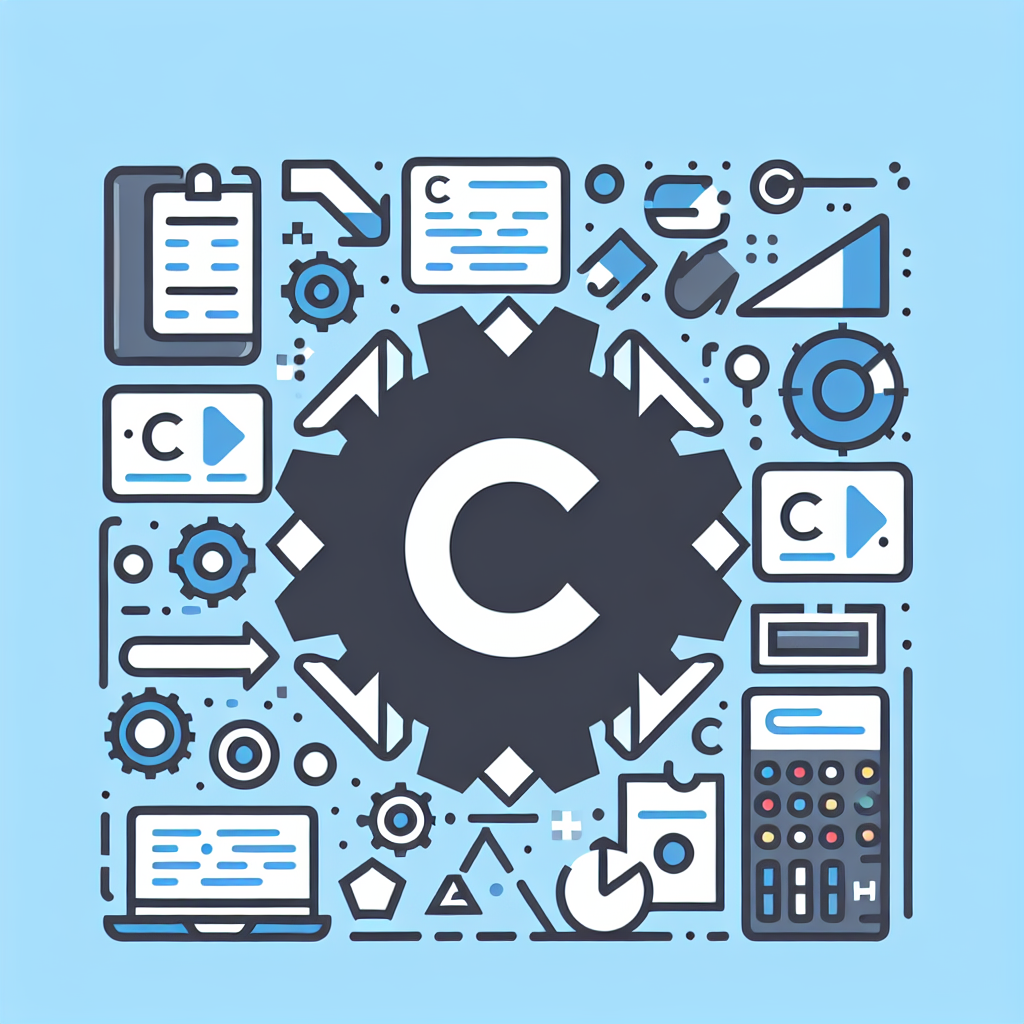Convert C to C#: Efficient Code Translator Tool
Effortlessly convert C code to C# with our powerful tool. Boost productivity with accurate translations. Perfect for developers switching languages!
Source Code
Converted Code
Output will appear here...
The C to C Sharp Converter is a powerful tool designed to seamlessly transform your C code into efficient C# code, enhancing productivity and streamlining cross-platform development. Ideal for developers transitioning from C to C#, this tool ensures code compatibility and reduces manual conversion errors. Experience fast, reliable code migration with enhanced maintainability and integration capabilities.

C to C# Conversion Tool Link to this section #
Efficiently translating C code into C# can be a challenging task due to the differences in syntax, memory management, and paradigms. The C to C# conversion tool automates this process, making it seamless and efficient for developers transitioning between these languages. Below are some insights into using this tool effectively:
Key Features Link to this section #
- Syntax Transformation: Automatically converts C syntax into C# compatible code, handling data types, operators, and control structures.
- Memory Management: Translates manual memory allocation from C to C#'s garbage-collected environment, ensuring safe and efficient resource management.
- Error Handling: Adapts C error handling mechanisms to C#'s try-catch blocks for improved exception management.
Benefits Link to this section #
- Time-Saving: Reduces the manual effort required in rewriting code, allowing developers to focus on logic rather than syntax.
- Accuracy: Minimizes human error by providing precise translation of complex constructs.
- Learning Resource: Acts as a learning aid for developers familiarizing themselves with C# by providing clear examples and code snippets.
Example Conversion Link to this section #
Here's a basic example illustrating the conversion process:
C Code:
#include <stdio.h>
void greet() {
printf("Hello, World!");
}
Converted C# Code:
using System;
class Program {
static void Main() {
Greet();
}
static void Greet() {
Console.WriteLine("Hello, World!");
}
}
Best Practices Link to this section #
- Review Converted Code: Always review the output for context-specific adjustments, especially for complex algorithms.
- Testing: Rigorously test the converted C# code to ensure functionality remains consistent with the original C code.
- Optimize: Utilize C#'s features like LINQ and async programming to enhance performance and readability.
For more detailed guidance, consider exploring resources like Microsoft's C# Documentation or GeeksforGeeks C# Tutorials.
Conclusion Link to this section #
The C to C# conversion tool is an indispensable asset for developers migrating applications between these languages. It simplifies the transition process while ensuring code integrity and performance.
Frequently Asked Questions
What are the main differences between C and C#?
C is a procedural programming language known for its performance and low-level memory access, while C# is an object-oriented language designed for building a wide range of applications on the .NET framework with features like garbage collection and a rich standard library.
Is it difficult to transition from C to C#?
Transitioning from C to C# can be challenging due to differences in syntax and programming paradigms. However, familiarity with C's syntax can be beneficial, and C#'s comprehensive documentation and community support can ease the learning process.
Can C code be directly used in C# projects?
C code cannot be directly used in C# projects due to differences in language design and runtime environments. However, interoperability can be achieved through P/Invoke or by creating a C++/CLI wrapper to utilize C libraries in C# applications.